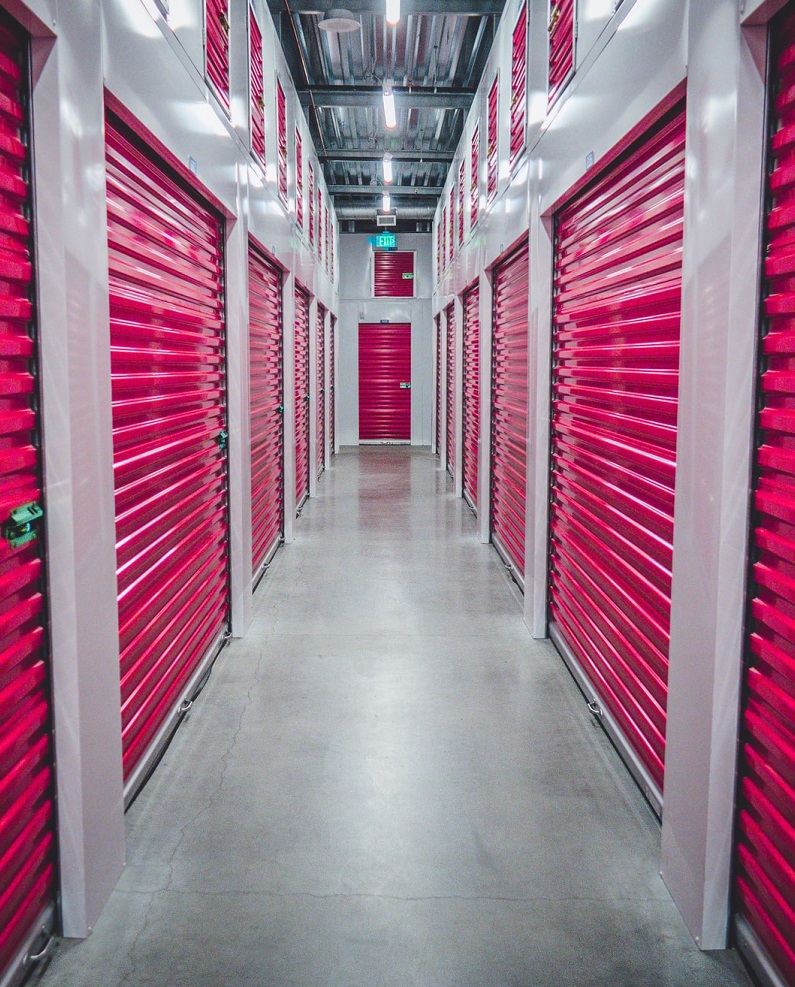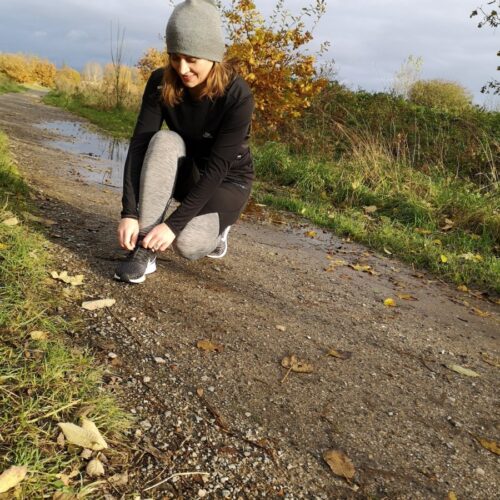
It’s a common misconception that storage units and their attached facilities are the perfect location for you to store anything and everything.
While it is true that these businesses allow you to keep a wide range of different items – including specialist property – securely for an extended period of time, there are some things that must be kept out of your storage unit.
Each service provider has their own set of regulations regarding what you can and cannot store in their facilities, but there are a number of banned items on which most companies agree.
Below we’ll explore a few of the most common “don’ts” when planning what to keep in a storage facility.
Food or Perishable Ingredients
Even if you are only planning to keep them there for a matter of days, the majority of storage companies strictly prohibit the use of their units to hold food and other perishables.
The spoiling of foodstuffs can not only create an unpleasant smell, but rotten food is often tricky to properly clean away and may present a health hazard for the users and staff of a storage facility.
Food should be stored according to the instructions on its packaging – and refrigerated or frozen if required – in a location that is easily accessible by its owner.
People
Individuals are not permitted to utilize storage units as a place of residence or a location from which to conduct business.
There are a multitude of reasons for this – the most crucial being matters of health and safety and insurance.
Living and working quarters should be attained through the proper legally supported channels.
Some storage providers also offer meeting spaces for hire – or similar facilities – but it is up to you to select a business that provides these additional amenities.
Storage facilities will usually also refuse to hold containers of human ashes.
Animals
Under no circumstances may you store a live animal in a storage unit.
The staff members working at a facility of this kind do not have the training, insurance or capacity to provide care for a living creature. What’s more, the temperatures and conditions in a unit are unsuitable to support the health and wellbeing of pets, livestock or wild animals.
In addition, an animal may cause damage to the storage unit in which it is contained.
If you use a storage facility to hold a living creature, it is highly likely that you will be reported to the authorities for animal cruelty.
Service providers also refuse to hold dead animals, though some climate-controlled facilities may permit the storage of professional taxidermy.
Plant Life
As most storage units do not have access to natural light or water, most living plants are likely to die if they are kept there for any substantial period of time.
Not only can this be upsetting for their owners, but they may also rot and create an unsanitary environment for others.
Pets and plants may be left with friends or relatives, or otherwise safely rehomed.
Hazardous Materials
Explosives, pressurized gas canisters, containers of gasoline and other flammable substances, aerosols, corrosive materials, oils, fireworks, poisons and further hazardous contents should not be placed in a storage unit. Many facilities won’t accept batteries, though some do.
This is because of the risks involved; should there be an incident of accidental damage, fire or any natural disaster, these contents may well cause major injuries or further destruction.
Wherever you choose to store hazardous chemicals, materials, you must follow the official OSHA guidelines and ensure that you are legally permitted to have access to these items in the first place.
Narcotics
Illegal drugs – or any medication that can be abused – should not be stored in a self storage facility. Doing so will mean that you are placing both yourself and the facility’s staff members at risk of prosecution.
Be sure to consult the guidelines when deciding where to store certain controlled or restricted medications.
Stolen Items
As with illegal narcotics, any item that has been obtained through crime cannot be placed in a storage unit. Should it be discovered that you are utilizing the facility to store stolen items, its staff will be duty-bound to contact the authorities and have the articles in question confiscated.
It is highly likely that you will be prosecuted if found in possession of stolen goods.
Any item that you suspect has been stolen should be passed on to the police immediately.
Weapons
For safety reasons and to prevent crime, no one is permitted to store firearms or any other offensive weapon in a storage unit.
Ammunition can be volatile and, in case of fires or natural disasters, poses a major risk to anyone in the area.
Most self storage facilities are highly secure, but in the very unlikely circumstance that an unauthorised individual is able to gain access to a unit containing firearms and/or ammunition, there will be a clear risk to the wellbeing of others in the vicinity.
Be sure to carefully follow the rules when it comes to storage of licensed firearms.
Money and Valuables
Most storage facilities refuse to store cash or any other high-value items. While the staff of these businesses work hard to ensure that every unit is as secure as possible, they cannot absolutely guarantee that the theft of these items will not occur.
This means that, should something go wrong, the owner of the high value items may suffer a significant loss with no means of recouping the amount.
The use of banks, safes and other specialist storage solutions is a far more effective way of securing your valuables. A safe in your property may even help the property’s value as it would attract more buyers conscious of the importance of having such facilities.
Should you use a storage unit to hold any of the above items, you may be banned from accessing the facility in future. You could also face a fine and – in extreme cases – legal prosecution and investigation by the police.
If you are seeking a suitable location in which to store any of the items above, it is important to undertake in-depth research into the safety and security of each option, as well as the legal implications involved. Be sure to secure clear, affirmative answers before making any decision.
© Copyright 2022 Antonia, All rights Reserved. Written For: Tidylife


Leave a Reply